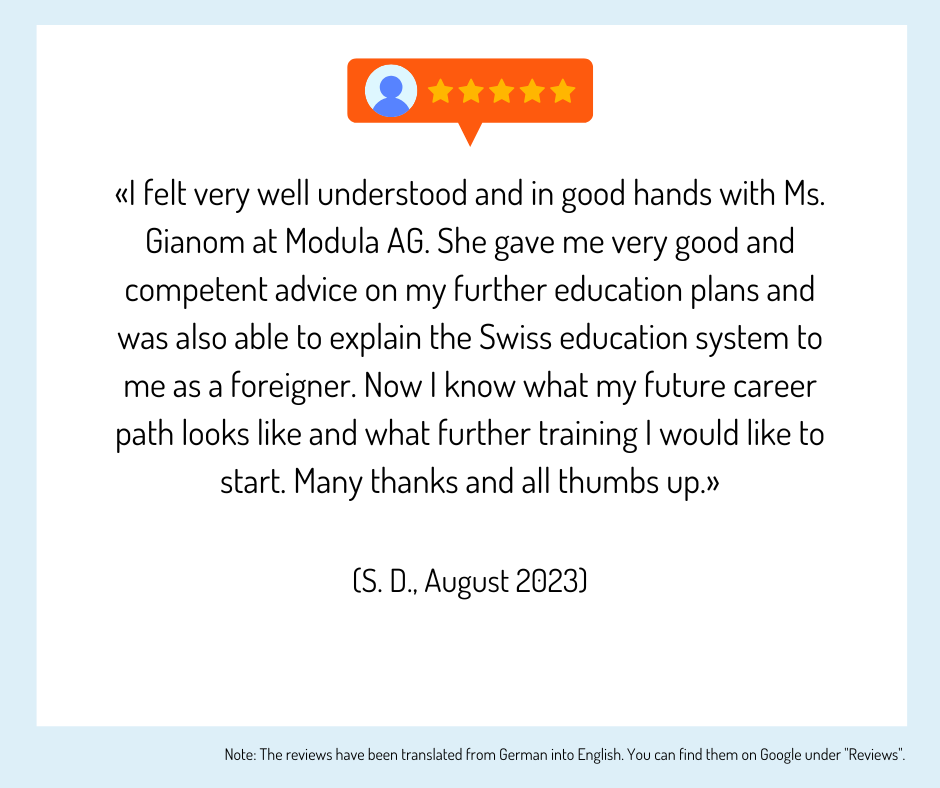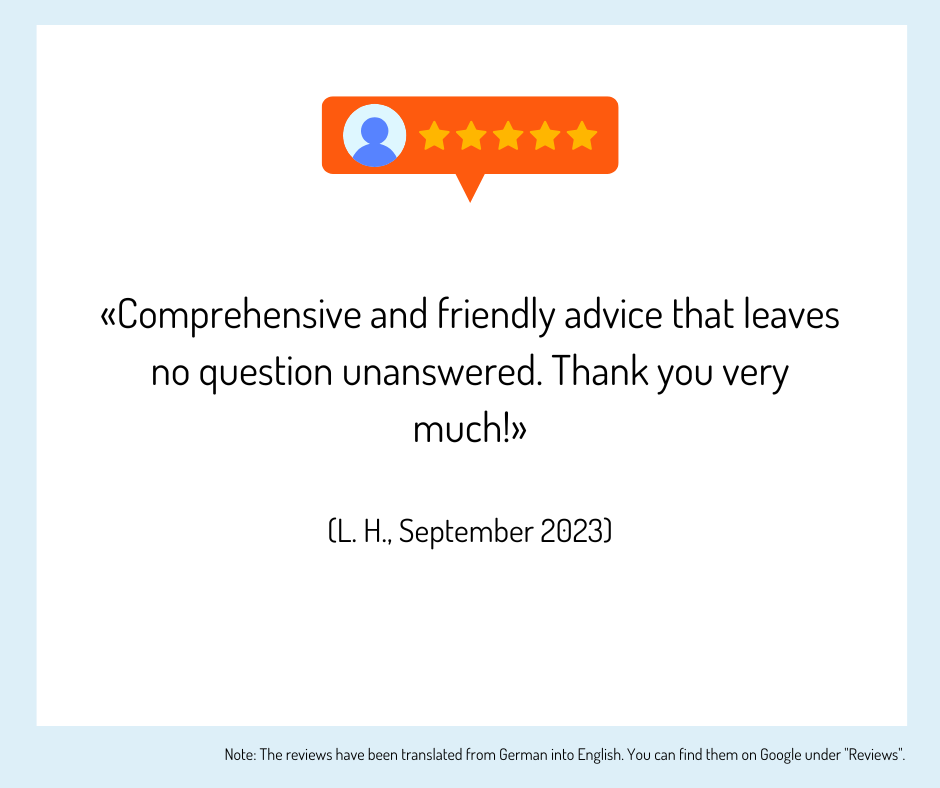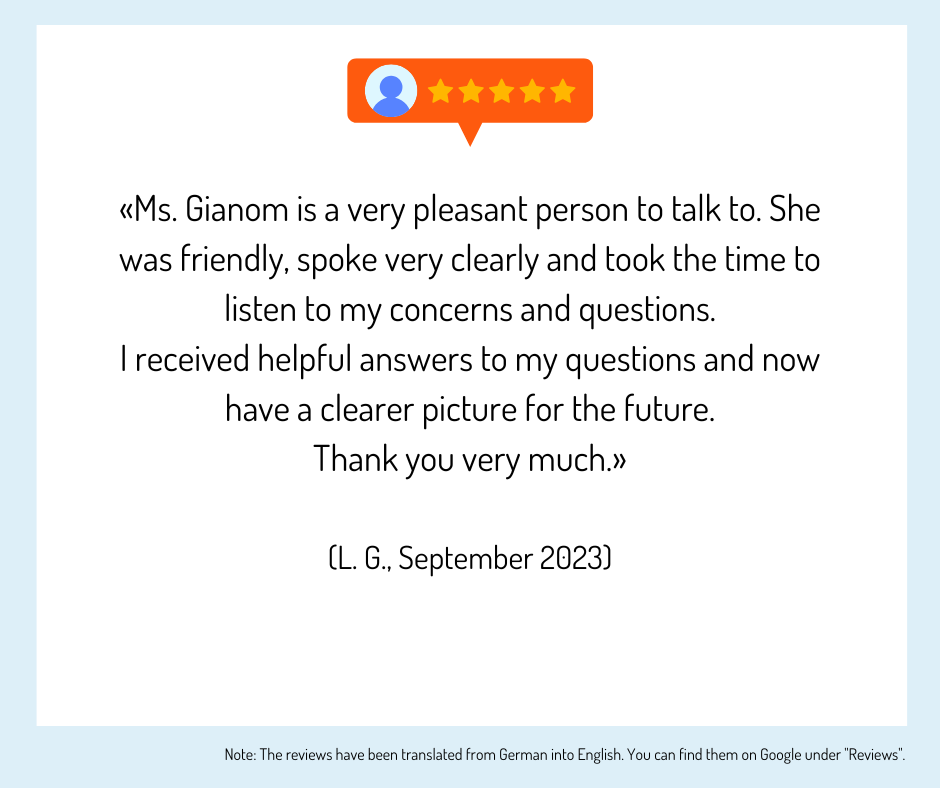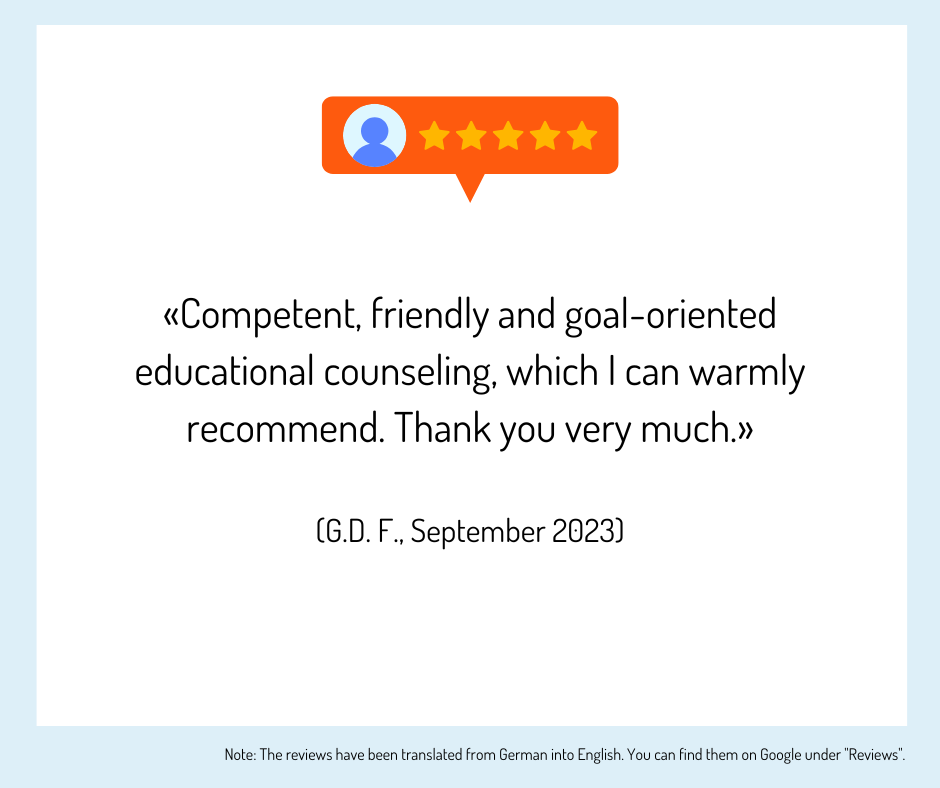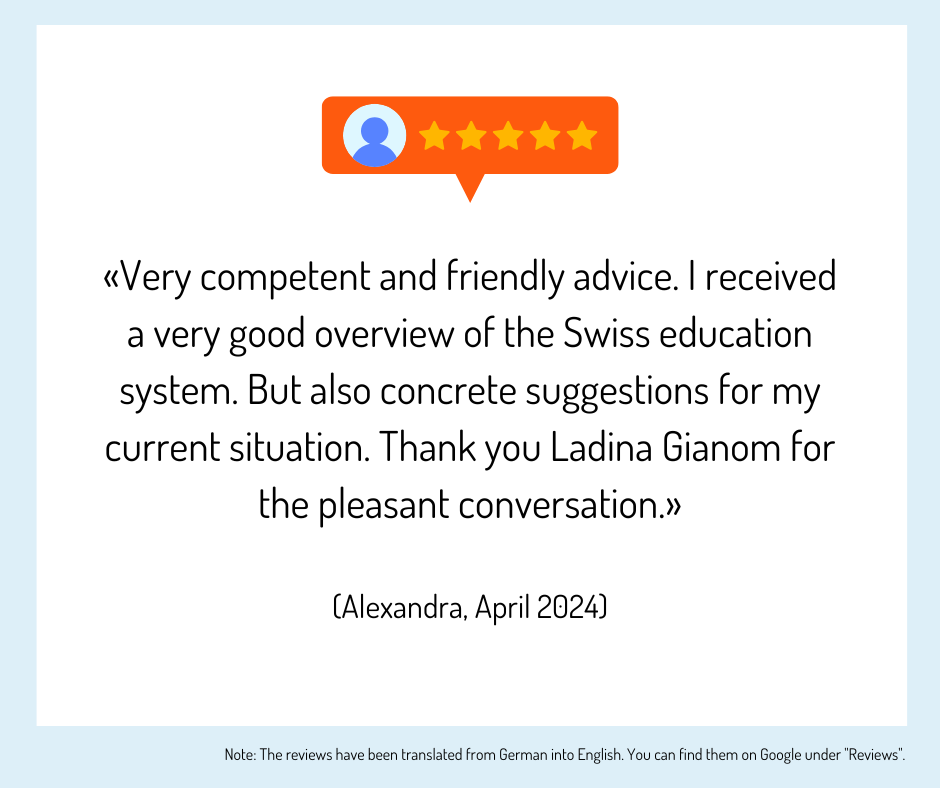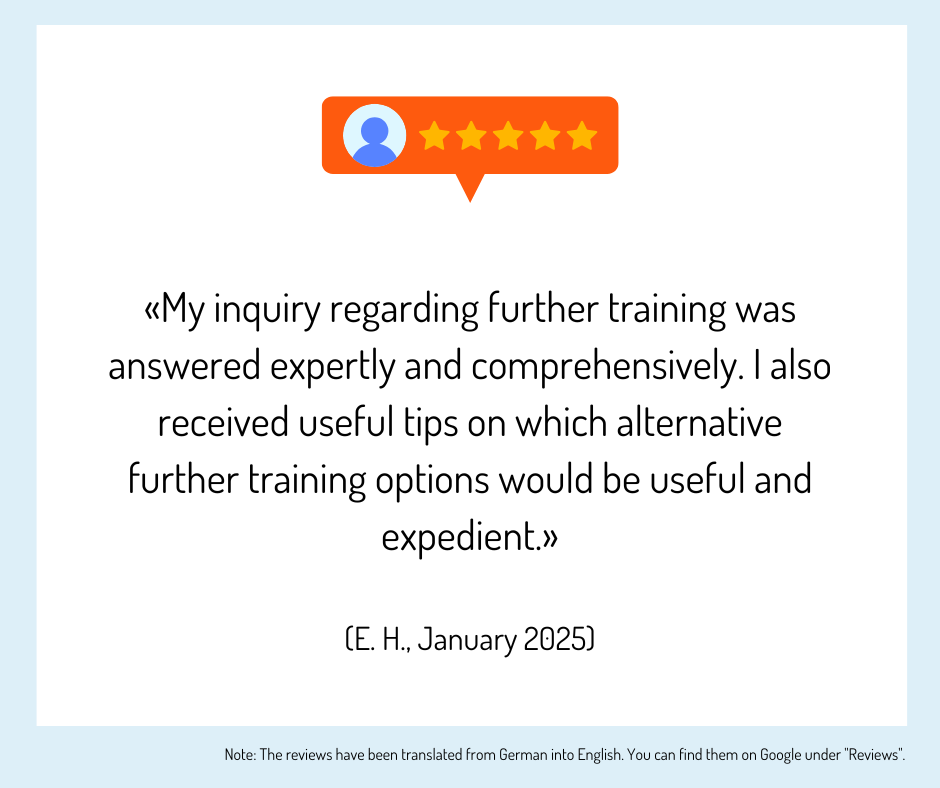Child education: training, further education, course, seminar, information, offers and providers
Tipps und Entscheidungshilfen für die Ausbildungswahl
Questions and answers
Can I also start a childhood education/children's education course with a technical apprenticeship?
Yes, the profession that you have learned in an apprenticeship with Federal VET Diploma does not play a fundamental role for child education training or continuing education, further training to become a certified childhood educator CHE.
However, you must pass the aptitude test and provide proof of at least 400 hours of work experience (approx. six months) in a childcare facility in order to be admitted to the CHE degree program in Childhood Education. If you do not have a Federal VET Diploma but have completed a purely academic qualification (such as a Baccalaureate), you must provide evidence of at least 800 hours of relevant work experience (approx. one year).
Only care specialists (FaBe) and persons with similar qualifications do not require any additional professional experience or internships.
What skills are taught in a child education or childhood pedagogy course?
Please note: The course and the job titles are now "Childhood Educator CHE".
The skills you acquire on the Childhood Education course or the CHE Childhood Education course are extremely comprehensive and enable you to take on specialist and management roles in supplementary school and family care.
Childhood educators CHE are capable of organizing, designing and evaluating childcare services, defining, designing and ensuring a care framework. They are also able to act according to the situation and take into account the needs of the individual and the whole group. The skills of childcare professionals also include paying attention to each child, encouraging their interaction and offering a learning and activity environment tailored to their skills. Observation and documentation skills, skills relating to the creation and implementation of pedagogical concepts, the organization of care, knowledge transfer, the ability to reflect, decision-making skills, teamwork planning, team communication, the ability to delegate, counselling skills and interviewing skills are also among the skills acquired during CHE training. Networking, knowledge of regulations and laws relevant to the profession, knowledge of information procurement in the field of development, child and family policy and the ability to plan and implement are also part of the skills taught during CHE training in childhood education.
How long does the childhood education course take?
Child education training or the course to become a certified childhood educator CHE, as the degrees have been called since 2021, takes two to four years - depending on the training model (full-time or part-time) and previous education.
Are the offers here child education training or continuing, further training?
Please note: The training now runs under the job title "Childhood Educator CHE".
As the course does not build on existing specialist knowledge, we could speak of training.
However, the childhood education (formerly: child education) course is a course at a College of Higher Education (CHE) and therefore a course in the field of higher vocational education and training. This requires an apprenticeship qualification with Federal VET Diploma, a high school diploma or a degree from an EDK-recognized secondary school. It is therefore not initial training, but continuing education, further training in this sense.
Initial training, i.e. training leading to an apprenticeship qualification, could be, for example, an apprenticeship as a childcare specialist (FaBe) Federal VET Diploma specializing in children, which can serve as a good basis for later continuing education, further training as a childhood educator CHE.
What degree can I obtain after completing the childhood education or child education course?
After successfully completing your child education training or training in childhood education, as the course has been called since 2021, you will receive a diploma as "dipl. Kindheitspädagoge HF" or "dipl. Kindheitspädagogin HF CHE". Until 2021, the degree was called "dipl. Kindererzieherin CHE" or "dipl. Kindererzieher CHE".
Does CHE childhood education training only take place in the classroom?
No. The CHE Childhood Education course or the CHE Childhood Education Diploma course, as the degree has been called since 2021, always includes a part of practical training.
The CHE course in childhood education can be completed either as a full-time course with internships or as a part-time course. In the case of full-time training, school lessons alternate with one or more internships, while in the case of part-time training, students work at least 50 percent of the time in the professional field.
Erfahrungen, Bewertungen und Meinungen zur Ausbildung / Weiterbildung
Haven't found the right training or further education yet? Benefit from educational advice now!
Further training is not only important in order to maintain or increase professional attractiveness, investing in training or further training is still the most efficient way to increase the chances of a pay rise.
The Swiss education system offers a wide range of individual training and further education opportunities - depending on your personal level of education, professional experience and educational goals.
Choosing the right educational offer is not easy for many prospective students.
Which training and further education is the right one for my path?
Our education advisory team will guide you through the "education jungle", providing specific input and relevant background information to help you choose the right offer.
Your advantages:
You will receive
- Suggestions for suitable courses, seminars or training programs based on the information you provide in the questionnaire
- An overview of the different levels and types of education
- Information about the Swiss education system
We offer our educational counseling in the following languages on request: French, Italian, English
Register now and concretize your training plans.
